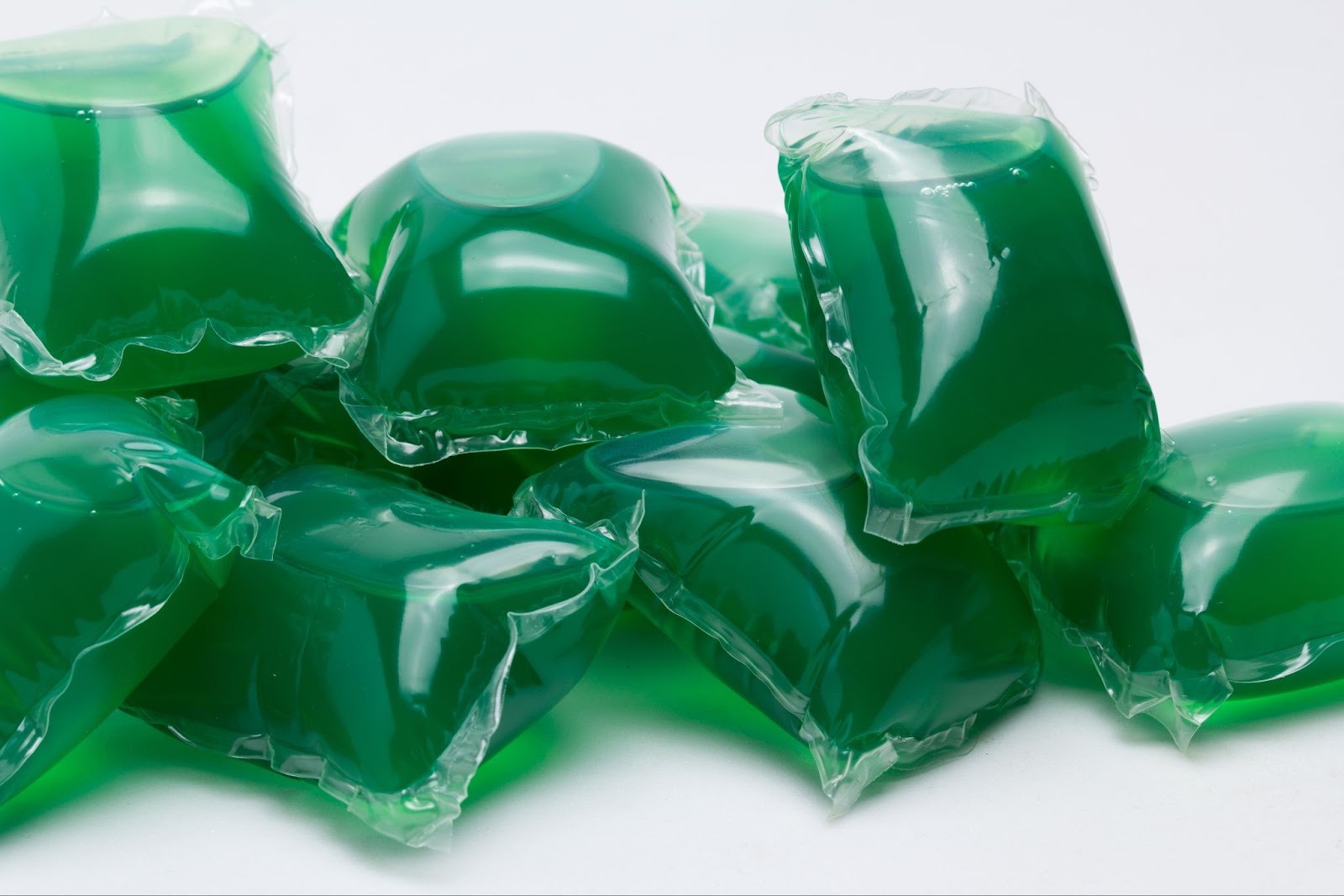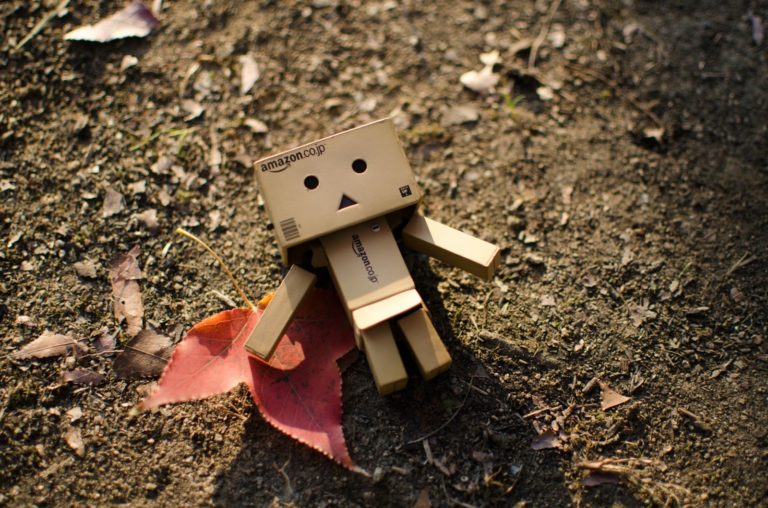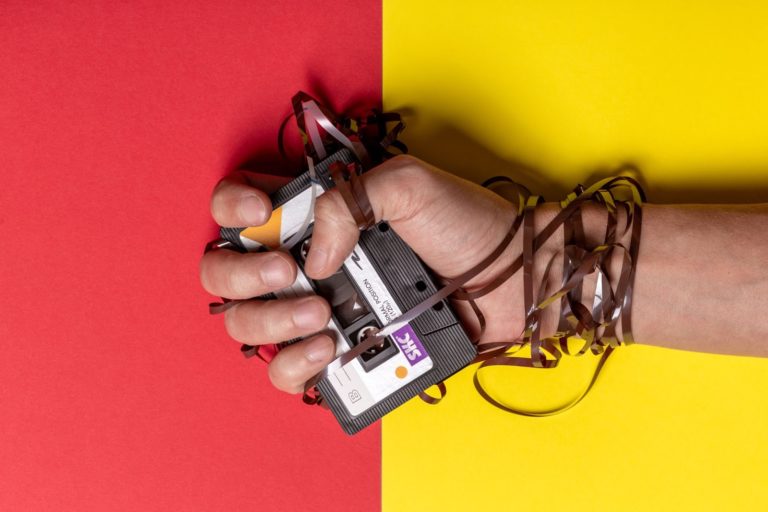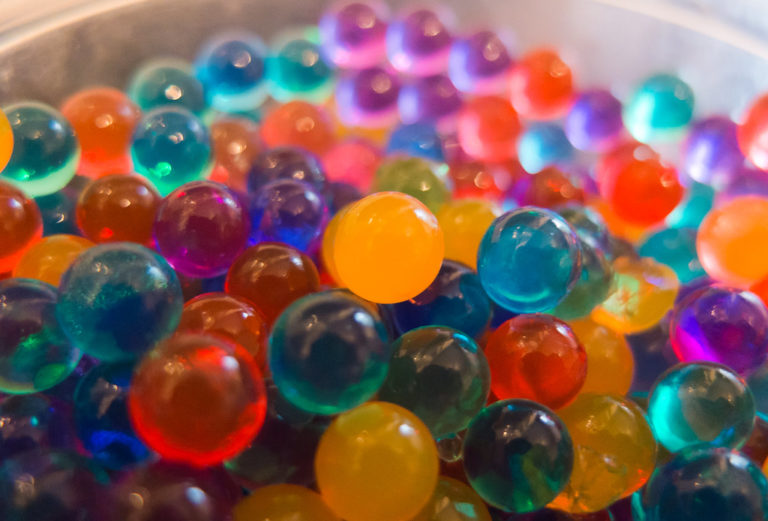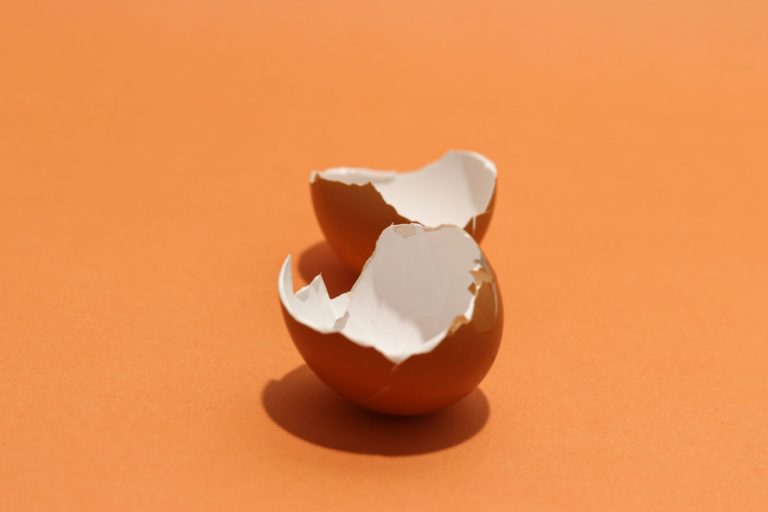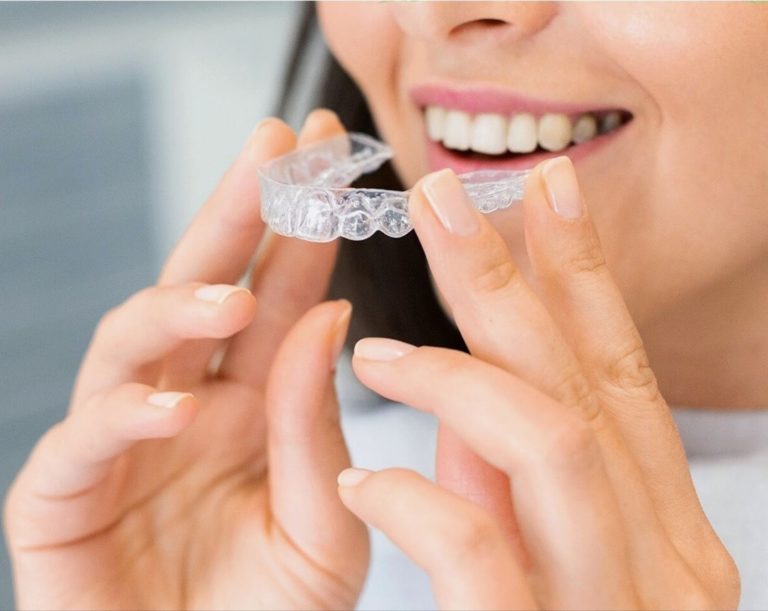What is PVA and is it environmentally friendly?
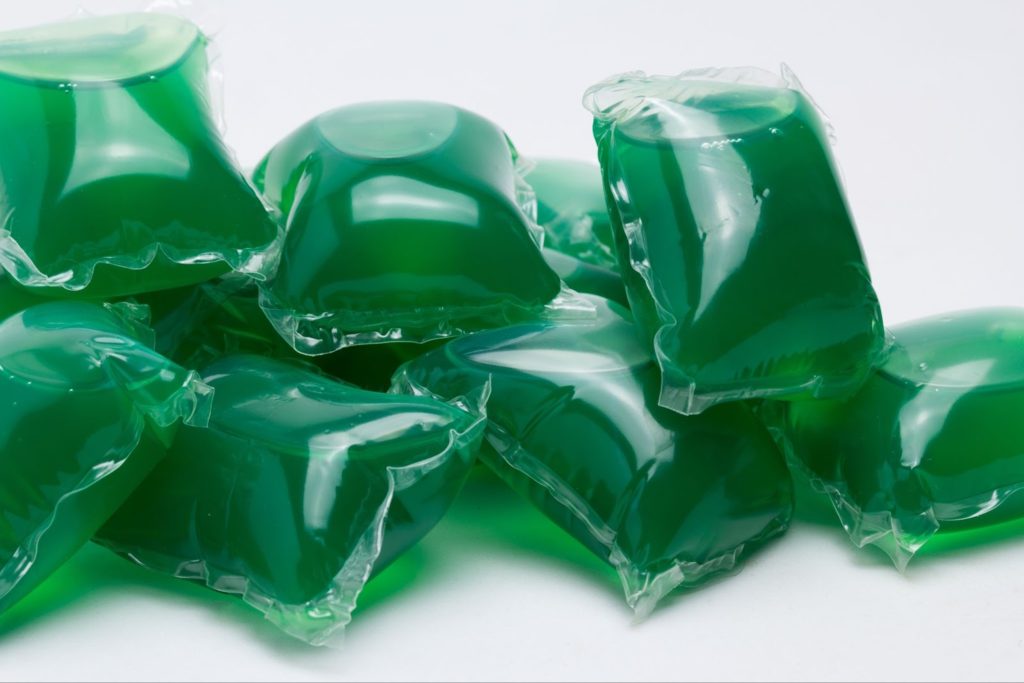
PVA, or polyvinyl alcohol, is a synthetic polymer that has a wide range of uses. It is commonly used as an adhesive, emulsifier, and thickener, and can be found in everything from paints to food packaging. But what is PVA, and is it environmentally friendly?
What is PVA ?
PVA is a synthetic, water-soluble polymer that can be used as an adhesive, binder, or filler. It is also known as polyvinyl alcohol, PVAc, or PVOH. PVA is made from the monomer vinyl alcohol, which is derived from ethylene.
PVA has a wide range of uses, including adhesives, binders, coatings, detergents, film formers, and paper coatings. It is also used as a binder in nonwoven fabrics, as a binding agent in foundry sand, and as a sizing agent in textile production. PVA is used in many industries, including construction, packaging, printing, and papermaking.
PVA is a clear, colorless, solid polymer with a molecular weight of about 30,000-70,000. It is insoluble in water and has a glass transition temperature of about 55°C. PVA is soluble in many organic solvents, including alcohols, esters, ketones, and amides.
PVA is available in a variety of grades, depending on the intended use. Technical grade PVA is used in adhesives, binders, and coatings. Food grade PVA is used in food packaging and processing. Industrial grade PVA is used in construction, packaging, printing, and papermaking.
PVA is an effective adhesive for a variety of substrates, including paper, cardboard, wood, metal, glass, and plastic. It is also used as a binder in foundry sand and as a sizing agent in textile production. PVA has a wide range of uses in many industries.
Where is PVA generally used?
PVA acts as a scent barrier and is also durable, adaptable, and impervious to oils, solvents, and grease. PVA’s many uses span the consumer goods, healthcare, and home improvement sectors, and even the industrial sector, thanks to its biodegradability and solubility in water.
Here are a few examples:
- Yarn used in textile production (to strengthen them)
- Eco-friendly packaging for food (i.e. grease-resistant paper wraps)
- Dishwashing detergent capsules
- Sheets and capsules of laundry detergent
- Protein powder in pre-portioned packets
- Packaged quantities of staples like pasta, rice, and seasoning
- Solution for moistening contact lenses
- Relatively new “artificial tears” help those with dry eyes.
- Agrochemicals
- Chemicals for swimming pools and hot tubs
- Refillable, concentrated personal care products
Is PVA Eco-friendly?
Most people don’t know this, but PVA (polyvinyl alcohol) is actually a very eco-friendly material. It is made from renewable resources, is non-toxic, and is completely biodegradable.
PVA is made from renewable resources like corn or tapioca starch. It is non-toxic, and is even used in food packaging. PVA is also biodegradable, meaning that it will break down into harmless substances over time.
So, why isn’t PVA more widely used? Well, the main reason is that it is more expensive than other plastics. However, as awareness of the environmental impacts of plastic grows, I think we will see more and more companies switch to using PVA.
How safe is PVA?
Polyvinyl alcohol, which the FDA has categorized as a “generally regarded as safe component,” could currently be present in the contents of your stomach. Because the PVA is poorly absorbed by the gastrointestinal tract, it does not build up in the body over time (even when eaten).
According to the findings of some studies, the average daily consumption of PVA among newborns, children, and adult women and men in the United States ranges from 0.101 to 0.549 grams. Therefore, since PVA is generally accepted to be safe enough to consume, then it must not be harmful to the environment, right?
Is PVA plastic or microplastic?
PVA plastic can also be classified as microplastic. Microplastics are tiny pieces of plastic that are less than five millimeters in size. Microplastics can come from a variety of sources, including cosmetics, synthetic fabrics, and industrial processes.
Microplastics are a major concern for the environment because they can absorb toxic chemicals and be ingested by marine life. Marine animals can mistake microplastics for food, and the plastics can block their digestive tracts.
PVA plastic can have a negative impact on the environment and the marine ecosystem. PVA plastic should be properly disposed of to prevent it from harming the environment.
SO, is PVA really biodegradable?
We all know that plastic is bad for the environment. It takes hundreds of years to degrade, and in the meantime, it’s polluting our oceans and killing marine life. So when we see “biodegradable” plastic products, we think we’re doing our part to reduce our environmental impact.
But what if we told you that not all biodegradable plastic is created equal? In fact, some types of biodegradable plastic can actually do more harm than good.
Let’s take a closer look at one type of biodegradable plastic in particular: polyvinyl alcohol, or PVA.
PVA is a synthetic polymer that is used in a variety of products, from food packaging to medical supplies. On the surface, PVA seems like a great alternative to traditional plastic. It’s water-soluble, so it breaks down easily in the environment.
However, there’s a catch. PVA requires very specific conditions in order to degrade. Most importantly, it needs to be in contact with oxygen.
In an aerobic environment (like a compost pile), PVA will degrade relatively quickly. But in an anaerobic environment (like a landfill), PVA will actually take longer to degrade than traditional plastic.
So what does this mean for the products that contain PVA?
The problem is that most wastewater treatment plants weren’t built with PVA degradation in mind. They’re better suited to decomposing organic materials and human waste than this “new” plastic everyone seems to be so excited about.
To be really sustainable, polyvinyl alcohol would need to be completely biodegradable in even the most basic of sewage systems.
Environmental effects of PVA
In 2021, Forbes reported that 75 percent of detergent pods were not being cleaned, meaning that they could pollute nearby water sources, wildlife habitats, and even the food chain. It is estimated that, just in the United States, PVA residues account for more than 8,000 metric tons of annual environmental release.
PVA-loving brands who employ “zero waste” and “plastic-free” marketing claims are propagating disinformation, according to groups like Plastic Oceans International.
Wastewater that contains PVA can upset aquatic life, alter soil conditions, and ultimately damage human health, according to other research (not funded by companies) that echo some of these concerns.
PVA residue, once released into the environment, can soak up heavy metals and pesticides, which could further harm aquatic organisms and reduce crop yields.
While PVA is a positive step in the direction of sustainability, it is essential for companies to offer a pristine image of their products and practices, including the less than pristine features of PVA.
Brands making PVA-free cleaning supplies
- Seventh Generation: Seventh Generation is a leading brand when it comes to PVA free laundry and dish wash soap. The company offers a wide range of laundry and dishwashing products that are free from synthetic fragrances, dyes, and other harsh chemicals.
- Ecos: Ecos is another popular brand that offers PVA free laundry and dishwashing products. The company’s products are made with natural ingredients and are free from harmful chemicals.
- Method: Method is a brand that is known for its environmentally friendly products. The company’s laundry and dishwashing products are PVA free and are made with natural ingredients.
- Green Works: Green Works is a brand that offers PVA free laundry and dishwashing products. The company’s products are made with natural ingredients and are free from harmful chemicals.
- Mrs. Meyers: Mrs. Meyers is a brand that offers PVA free laundry and dishwashing products. The company’s products are made with natural ingredients and are free from harmful chemicals.
Final Thoughts
PVA, or polyvinyl alcohol, is a binding agent that has no negative effects on human health but does have negative effects on the environment, including on soil, water, and marine life. It’s preferable to eliminate PVA altogether by switching to goods that don’t have it, such as natural laundry detergent, zero laundry detergent, and other natural alternatives.
